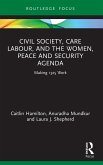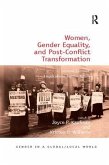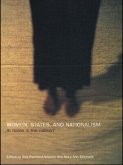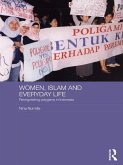This is the first world-wide, comparative study of the controversial new trends of gender quotas now emerging in global politics, presenting a comprehensive overview of changes in women's parliamentary representation across the world. This is important reading for all those working to increase women's influence in politics, because it scrutinizes under what circumstances gender quotas do increase women's representation - and why they sometimes fail. These distinguished international scholars also show how gender balance in politics has become important to a nation's international image and why quotas are being introduced in many post-conflict countries. They present key case studies of Afghanistan, Iraq, Argentina, Sweden, South Africa, Belgium, covering almost all major regions of the world: Latin America, Africa, the Arab world, South Asia, the Balkans, The Nordic countries and Europe, New Zealand, Australia and the USA - and Rwanda, which in 2003 unexpectedly surpassed Sweden as the number one country in the world in terms of women's parliamentary representation. Using a comparative perspective, this book contains analyses of the discursive controversies around quotas; it gives an overview over various types of quotas in use from candidate quotas to reserved seat systems, and it throws light over the troublesome implementation process. When do gender quotas lead to actual increase in the number of women parliament? When are quotas merely a symbolic gesture? What does it imply to be elected as a 'quota woman'? Tackling these and many more key questions, this is a major new contribution to the field. Making an important contribution to our knowledge of gender politics worldwide, this book will be of interest to NGOs, students and scholars of democracy, policy-making, comparative politics and gender studies.
Hinweis: Dieser Artikel kann nur an eine deutsche Lieferadresse ausgeliefert werden.
Hinweis: Dieser Artikel kann nur an eine deutsche Lieferadresse ausgeliefert werden.









